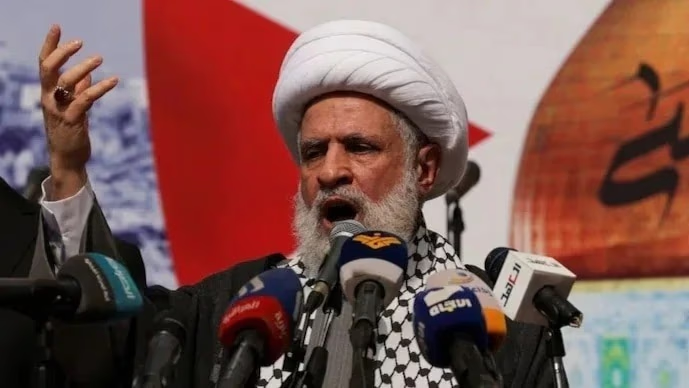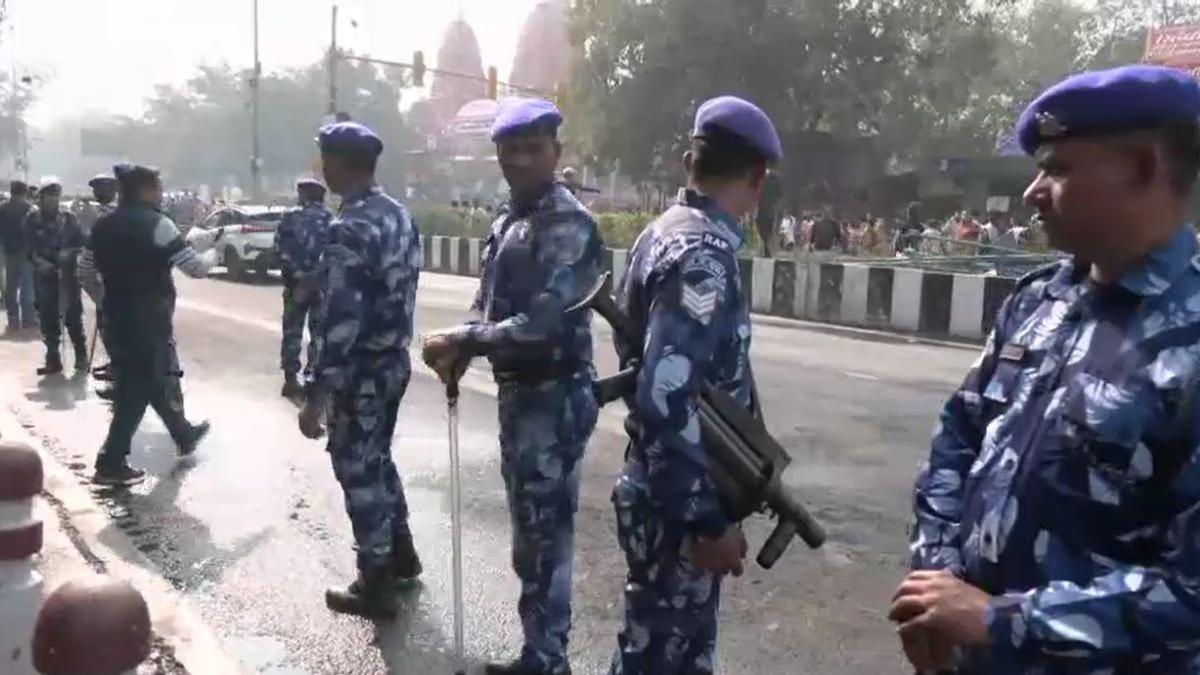Hezbollah has confirmed the death of Hashem Safieddine, who took over leadership duties after Nasrallah's death. The Israeli military had claimed at the start of this month that it had killed Safieddine in Beirut, but until now, no official confirmation was provided by Lebanon or Hezbollah. Approximately a month later, the confirmation has come.
According to reports, Hezbollah's statement expressed that Safieddine was killed in an Israeli airstrike. However, CNN reports that Hezbollah did not specify the date of the airstrike in their announcement.
Safieddine Killed on October 4
The Israeli Defense Forces claimed on October 4 to have eliminated Safieddine. According to The Times of Israel, during the attack on October 4, the IDF also claimed to have targeted Hussein Ali Hajizadeh, a commander at Hezbollah's intelligence headquarters along with Safieddine.
Who Was Hashem Safieddine?
In 2017, the United States designated Hashem Safieddine as a terrorist. He played a significant role in Hezbollah's political affairs and was a member of the group's Jihad Council. Safieddine was considered among Hezbollah's top three leaders alongside Nasrallah and Naim Qassem and was reportedly evading Israeli attacks. He presided over Hezbollah's Executive Council and chaired the Jihad Council, responsible for orchestrating military operations.
Furthermore: Hashem Safieddine Defeated After Nasrallah; All Commanders Taken Down, Except One...
Hashem Claimed Descent from Prophet Muhammad
Claiming lineage from Prophet Muhammad, Safieddine was declared a terrorist by the U.S. State Department in 2017. This designation followed his orchestration of major conflicts against Israel after the Israelis killed a senior Hezbollah commander. He instructed his forces to compel their enemies into distress. Educated in Iraq's Najaf and Iran's Qom religious centers, Safieddine returned to Lebanon in 1994, quickly rising through Hezbollah's ranks. In 1995, he joined the group's highest decision-making body, the Majlis al-Shura.
Safieddine was long considered a potential successor to Nasrallah, with speculation about the role intensifying since 2006, when Iran allegedly promoted him as a possible future leader of the organization. He was one of six clerics serving on Hezbollah's supreme advisory body, the Shura Council, and he was elected as the head of the Executive Council in 2001.




